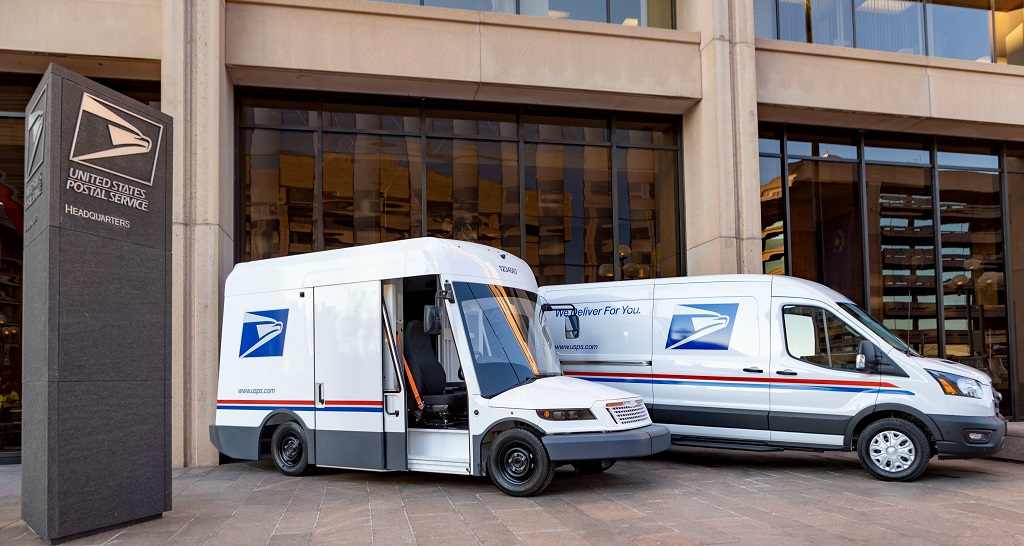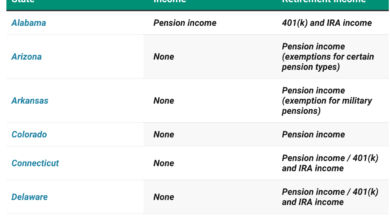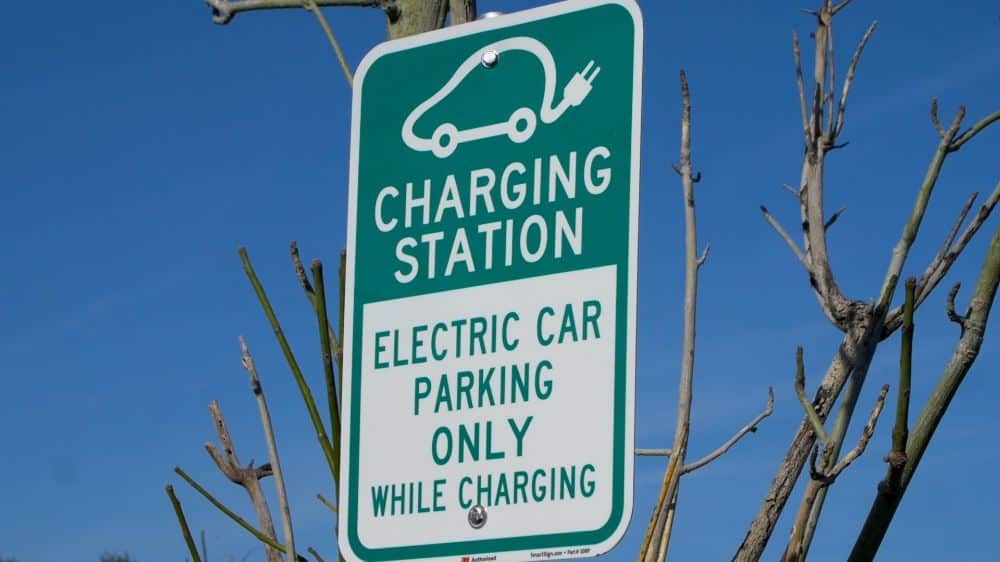US Government Boosts Electric Vehicle Appeal with ‘Instant Cash Incentive on Purchase Day’

Investing in electric vehicles offers numerous advantages. They boast lower operational costs compared to traditional fossil fuel vehicles, provide the convenience of at-home charging, and contribute zero emissions, making them environmentally friendly on the road.
The attractiveness of purchasing a vehicle in the United States has been enhanced, thanks to the simplified accessibility of the $7,500 federal tax credit.
Starting January 2024, NPR reports that customers won’t have to wait for the next tax year to access incentives. Whether in cash reimbursement or for a down payment on their next vehicle, the credit will be available on the day of purchase.
The Inflation Reduction Act marks a significant shift, empowering consumers to cut the initial costs of clean vehicles. This not only broadens choices for buyers but also supports car dealers in expanding their businesses, according to the United States Department of the Treasury.
In its commitment to enhancing service and facilitating eligible tax credits, the IRS has streamlined the process for car dealers. The NPR reports that dealerships will now register with the IRS and easily verify a vehicle’s eligibility for tax credits by checking its identification number, making the entire process quicker and more accessible for both dealers and customers.
Customers no longer bear the responsibility of determining if their chosen model qualifies for the generous benefit. To qualify, individuals must affirm personal use, independence from others’ taxes, and adhere to income limits—$150,000 for individuals, $225,000 for heads of households, and $300,000 for married couples or surviving spouses.
Repayment may be required if income surpasses the cap in consecutive years. Despite conditions, this incentive aids many with lower incomes in adopting the technology. However, the Biden Administration announced that, from 2024 onwards, vehicles won’t qualify if their batteries involve components from a foreign entity of concern in manufacturing, assembly, or critical mineral extraction, processing, or recycling.







